Not every book is beloved by every reader. Throughout the years, many books—including many classics—have been censored or banned from schools and libraries for one reason or another.
Since 1982, Banned Books Week has promoted freedom of expression and the importance of access to even controversial titles. Here’s what is happening with Banned Books Week in 2016, and what you need to know if you’re interested in getting involved.
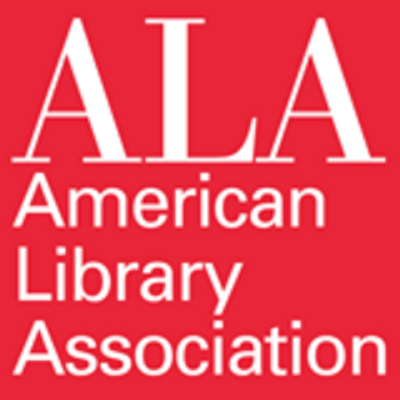 |
1. Banned Books Week: Celebrating the Freedom to Read What exactly is Banned Books Week? If you want to learn more about the basics, The American Library Association’s Banned Books home page is a great place to get started. 2. Frequently Challenged Book Lists Also on the ALA website are several lists of books that have been banned and challenged over the years, including short explanations of the controversies that surround them. You can find lists like the 100 Most Frequently Challenged Books by Decade, Banned & Challenged Classics and more. |
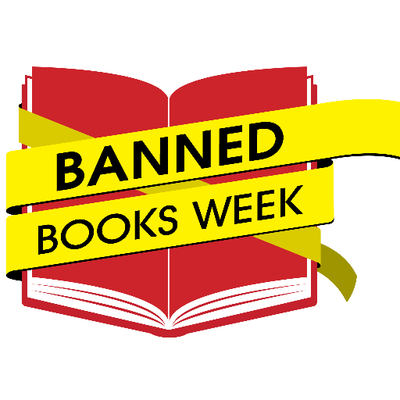 |
3. Celebrate Diversity at BannedBooksWeek.org Banned Books Week runs from September 25- October 1 this year, and is focused on celebrating the theme of diversity. You can also follow @BannedBooksWeek and use the hashtag #BannedBooksWeek to join the conversation on Twitter. 4. Banned Book Week Events In Your Area BannedBookWeek.org also features a comprehensive list of local Banned Book Week events, organized by state. Look for libraries, book stores and schools hosting an event near you. |
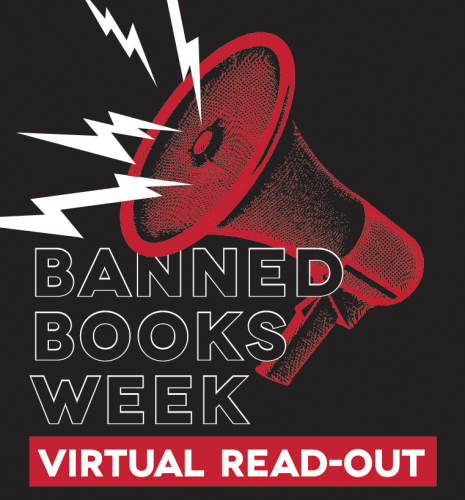 |
5. The Banned Books Week Virtual Read-OutIf you—or your students—are multimedia savvy, consider creating a video to share on the Banned Books Week Virtual Read-Out YouTube channel. |
 |
6. Why Diverse Books Are Commonly Banned According to the Association of American Publishers, “52% of the books challenged, or banned, over the past decade are from titles that are considered diverse content.” Since diversity is this year’s Banned Books Week theme (and an important topic for anyone curating a thoughtful and diverse collection of classroom library books to consider), this blog post is a must-read. |
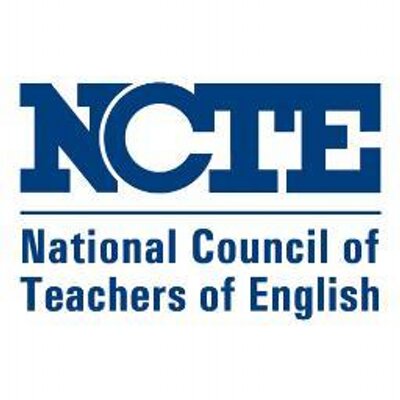 |
7. NCTE Position Statement: The Student’s Right to Read“Censorship,” reads this position statement from The National Council of Teachers of English, “leaves students with an inadequate and distorted picture of the ideas, values, and problems of their culture.” Learn more about how—and why—the NCTE believes controversial titles can and should have a place in today’s classroom. |
In honor of Banned Books Week, we’re giving away a collection of popular classroom titles—from well-known authors like Judy Blume, J.K. Rowling and Maurice Sendak—that have all been censored or banned at one point or another. Enter below for a chance to win the set for your classroom library.
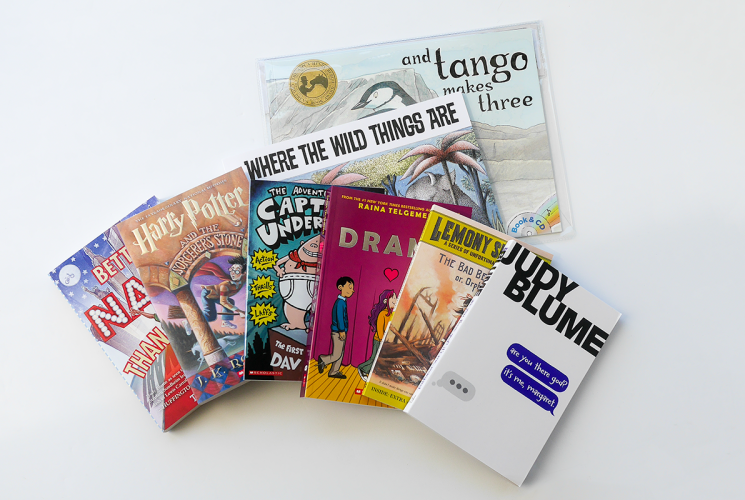
This contest is closed. Thank you for your participation and congratulations to the winners!
Booksource Recommendations


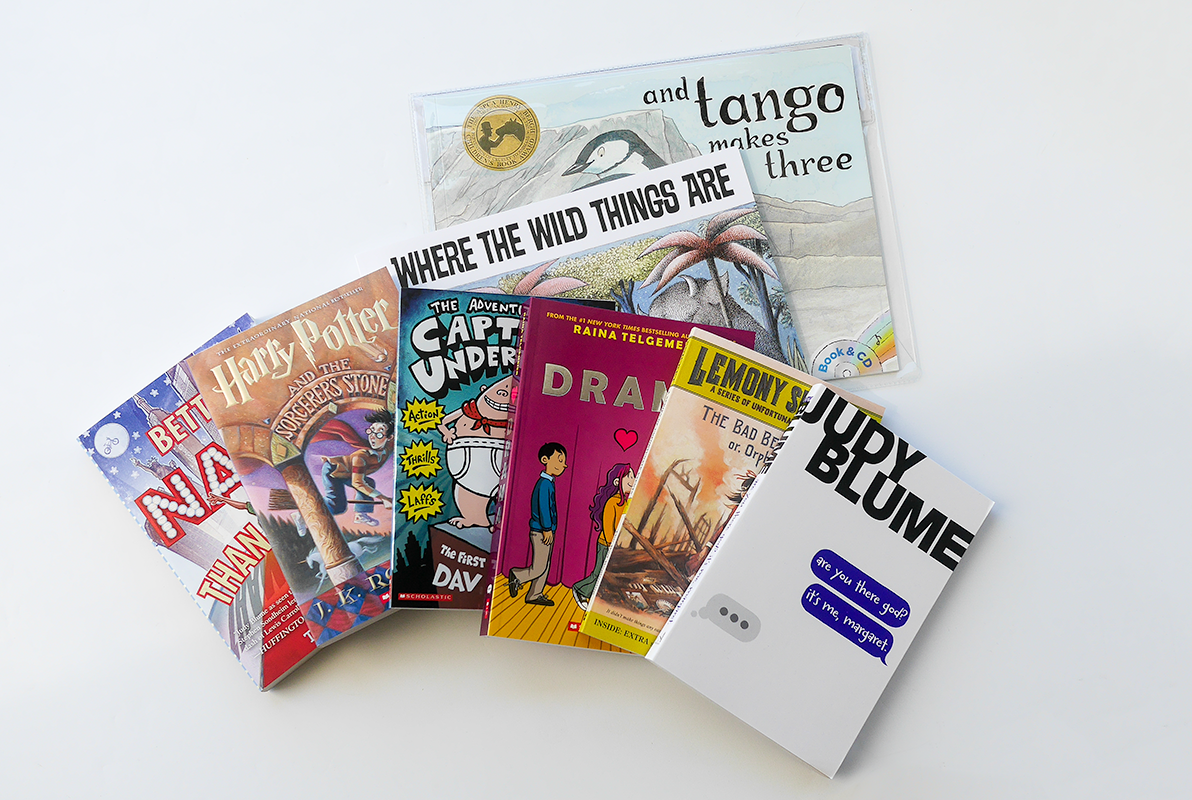
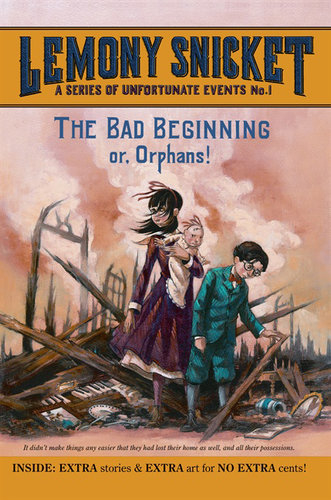
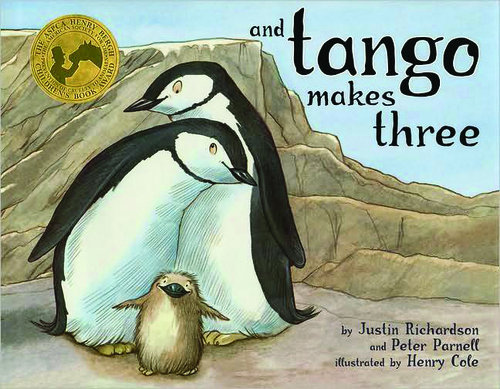
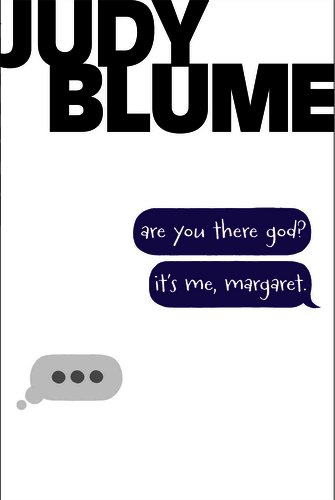
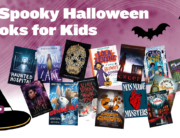
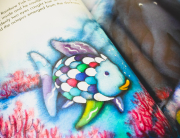
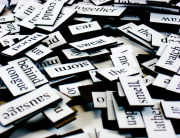
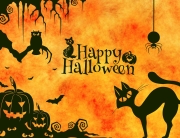
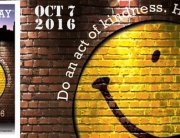
Leave A Comment